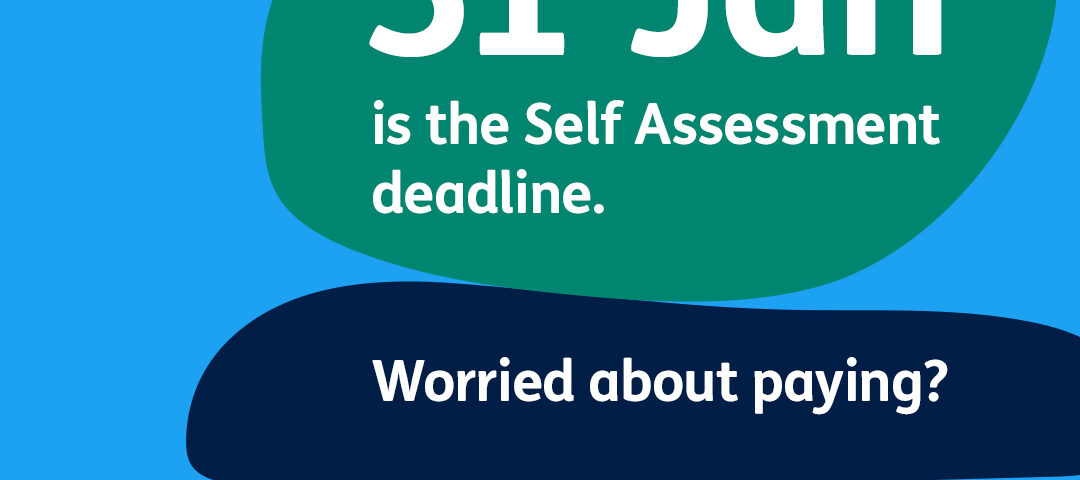Self Assessment Deadline – Less Than One Month To Go

ICC Comment On Additional Business Support From HM Treasury
05/01/2021
Dales Marine Services To Expand Workforce To Support Major New Contract With Caledonian MacBrayne
07/01/2021Self Assessment Deadline – Less Than One Month To Go

Around 5.4 million Self Assessment customers have less than a month to complete their tax return, HM Revenue and Customs (HMRC) announced today, ahead of the deadline on 31 January.
HMRC expects 12.1 million tax returns to be filed this year. Around 55% have already filed their returns, with more than 6.2 million choosing to submit online (93% of all returns filed).
Almost 18,000 customers chose to start the New Year by filing their tax returns on 1 January, with 1,943 completing their returns between 15:00 and 15:59.
Those who are yet to file a return are being urged to act now, as it may be a more time-consuming process than anticipated.
Karl Khan, HMRC’s Interim Director General for Customer Services, said:
“In what was a very difficult year for many, we are grateful to 55% of our customers who have already submitted their returns.
“HMRC is ready to offer support to those who are yet to file their returns or are worried about paying their tax bill, but they must act now so we can help before the deadline.”
Once customers have completed their tax return, and know how much tax is owed, they can set up their own payment plan to help spread the cost of their tax liabilities, up to the value of £30,000. They can use the self-serve Time to Pay facility to set up monthly direct debits and this can all be done online. Interest will be applied to any outstanding balance from 1 February 2021.
To find out if they’re eligible, customers can visit GOV.UK to find out more about the service.
Customers can also check on GOV.UK whether they need to declare, or possibly pay tax on any ‘casual’ income they receive. The new interactive guidance is quick and easy to use and explains what individuals need to do if they receive non-PAYE income from:
- selling things, for example at car boot sales or auctions, or online
- doing casual jobs such as gardening, food delivery or babysitting
- charging other people for using your equipment or tools
- renting out property or part of their home, including for holidays (for example, through an agency or online).
Be aware of copycat HMRC websites and phishing scams. Customers should always type in the full online address www.gov.uk/hmrc to get the correct link for their Self Assessment tax return online securely and free of charge.
They also need to be alert if someone calls, emails or texts claiming to be from HMRC, saying that they can claim financial help, are due a tax refund or owe tax – it might be a scam.
Check GOV.UK for information on how to recognise genuine HMRC contact.


